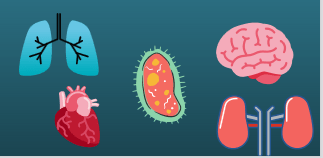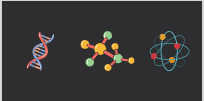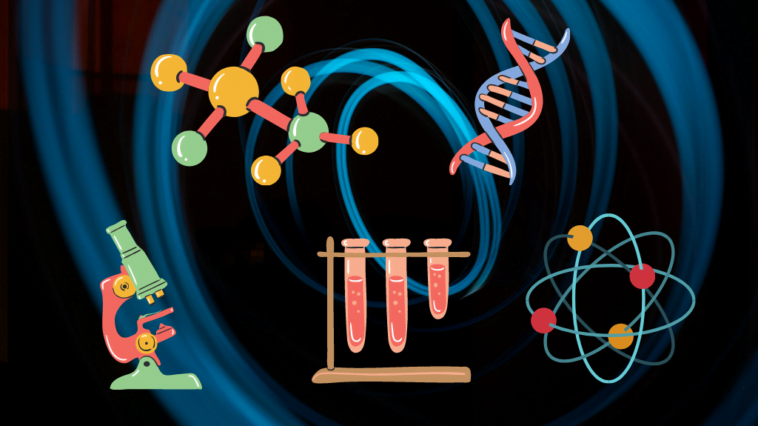Science is the fact that present everywhere around us. It is an essential part of your education that is applicable in your daily life. You can understand the Science around you like cooking, driving, playing, swinging pendulum and so on.
Many people viewed Science as a complicated subject, but it can be possible to learn and enjoy Science. You can learn the concepts through playing science games, performing experiments, playing tricks to learn the facts, drawing pictures, making models, and projects.
How to Learn Science in the Classroom

- Drawing pictures: If you can learn the concepts through visualization, you can draw a creative and colorful diagram with labeling it. It will help you understand the concepts and facts quickly to enjoy by making them.
- You can draw the picture of some biological topics to understand it, like plant cells, animal cells, organs.

- Performing Experiments: To understanding scientific things quickly, you can perform experiments in the laboratory.
- You can adequately record your experiments if you follow the specific method.

- Learn With 3 D Models: Learn the structures of molecules, organs, solar system, or any other science-related topics using three interactive dimension models. You can easily interact with a 3 d model to understand the structures.
- Make a Group: Try to make a group in a week for doing Science relating activities or group study. It can be helpful to memorize the facts and formulas easily.
- You can play scientific games, science Olympiad, quiz competitions between groups members.
- Please make a different group and have a competition between them for questioning sections.
- Use Mnemonic devices: Try to make memorizing facts easier with little memory tricks, an acronym, rhymes. These will help you to remember difficult and confusing concepts, which is hard to remember facts.
- For example, BAGIT is an acronym of group 13 elements of the periodic table. It includes Boron, Aluminum, Gallium, Indium, Thallium.
How to learn Science at home
- Find real examples around you: It would be more meaningful to look at the science activities around you that impact your daily life and the whole world around you.
- You can integrate chemistry with environmental Science like testing water and soil samples.
- Look at the food chemistry that how chemistry impact you eat by testing the alkaline or acidic food.
- Identify natural hazards like rising sea levels, storms, earthquakes, tectonic plates. In this way, you can know about earth science and climate change.
- Learn the basics: Some students already form a negative opinion about Science because they don’t know its basic concepts. So, try to start learning fundamental concepts every day that applies to your daily life.
- Ask questions yourself like why water solidifies after freezing, why water evaporates on heating and milk isn’t, how food stored long in a refrigerator, but why not at room temperature.
- Watch a science program on TV that will help you to understand basic concepts entertainingly.
- Stick notes or charts on the wall: Some scientific terms and concepts are hard to learn. For example, you can stick a periodic table chart on the wall to remember every element and its properties. Whenever you go to the room, your eyes will focus on the sticky notes on the wall.
- You can use colorful and attractive sticky notes to summarize phrases, chapters of a book that you have to learn.
- Use Technology: Teach yourself using technology, which is more accessible and interactive to learn and understand science concepts. Students get better experiences in learning.
- You can learn and enjoy science facts by watching animation or simple videos.
- Participate online in the scientific quiz or any other science programs to develop your knowledge.
Do experiments at home
- Do Experiments with household items: You can do many experiments safely at home to learn science concepts with fun.
- You can experiment with household items, like creating a chemical reaction between baking soda and vinegar that produce “lava,” bursting out from the volcano model.
- You can perform an experiment based on the scattering of light by particles in a colloid or a refined suspension. This phenomenon is also known as the Tyndall effect.
- Make an egg float in water, build an electric motor, Robot, electricity-based experiments.

- Read scientific books: If you can understand the concepts through reading, it is best to read a science book and scientist biography. Get inspiration from biographies about famous scientists such as Issac Newton, Albert Einstein, Watson and Crick and others.
to know more about preservation of food, click here…



GIPHY App Key not set. Please check settings